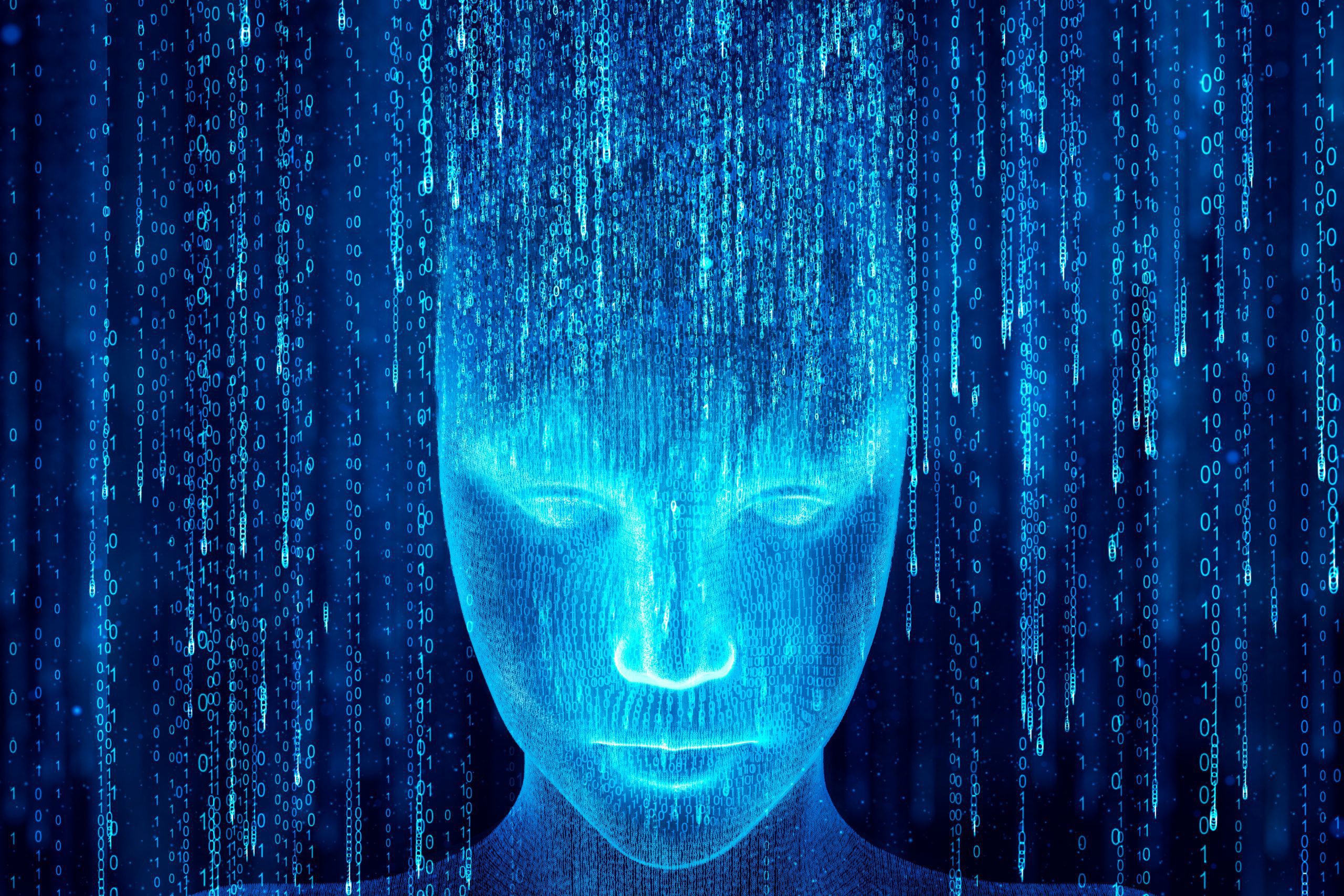The third generation of the World Wide Web, often Web3, is distinguished by a more decentralized, secure, and independent Internet. Emerging internet technologies like blockchain, decentralized applications (dApps), and smart contracts are helping to usher in this new era of the internet. However, the creation and adoption of artificial intelligence (AI) technologies will be crucial to the success of Web3. Let’s dive into our todays topic – the role of AI in Web3.
The decentralized web, or Web3, has the potential to completely change how we use the internet. Artificial intelligence (AI), which is laying the groundwork for a more decentralized and autonomous future, is at the center of this revolution. Artificial intelligence (AI) is assisting in the development of a more effective, safe, and fair digital environment by automating decision-making procedures, developing smart contracts, and offering personalized experiences. However, there are issues that must be resolved, such as data privacy, bias, and fairness, as with any transformational technology. In this context, this article explores the transformative role of AI in Web3 and its potential to shape the future of the internet.
AI’s function in Web3
AI has the potential to transform Web3 in several ways completely. The following are some of the main functions of AI in Web3:
Autonomous Decentralized Organizations (DAOs)
Blockchain-powered smart contracts govern DAOs, which operate as businesses. No single person or organization manages them as they work independently of each other. DAO governance, which requires a high degree of automation, ensures effective and transparent decision-making. By automating decision-making procedures, analyzing data, and offering insights that can aid in decision-making, AI can play a crucial role in DAOs.
Development of Smart Contracts
Self-executing contracts, known as “smart contracts,” are kept on a blockchain. They enable the automation of complex business transactions and the development of shaky alliances. But creating smart contracts can be challenging and requires high technical knowledge. By automating the formation of contracts based on predetermined norms and restrictions, AI can aid in streamlining the development of smart contracts.
Detecting fraud
Web3 aims to provide better security than Web2, but it is still vulnerable to fraud. By analyzing data and spotting patterns that can point to fraudulent conduct, AI can assist in resolving this problem. It can add another layer of security for consumers of Web3 applications and aid in preventing fraud before it happens.
Personalization
The foundation of Web3 is user discretion and privacy. AI can make this possible by offering individualized user experiences through data analysis, creating recommendations, and personalized content based on user preferences and behavior.
Analysis of Data
To achieve greater transparency than Web2, Web3 necessitates extensive data analysis. AI can assist by analyzing data from numerous sources and generating insights that might guide decision-making.
Opportunities and Challenges
Despite its potential to transform Web3, AI still requires the resolution of several issues. The following are some of the main difficulties and possibilities:
Data Security
AI developers must develop new methods to collect and analyze data while maintaining user privacy, as Web3 intends to give people more control over their data. Still, AI may need help because much data must be shared for AI to work well, yet consumers may be unwilling to do so out of privacy concerns.
Technical Proficiency
AI is a highly specialized field that is complicated and technological. It can provide difficulties for Web3 developers who need more expertise to incorporate AI into their applications. However, there is also a chance for Web3 developers to collaborate with AI developers to develop new AI software and services.
Bias and Justice
AI has come under fire for maintaining injustice and prejudice in decision-making. It is a problem for Web3, where fairness and transparency are essential. To keep Web3 a reliable and decentralized platform, AI developers must ensure their algorithms are impartial and fair.
Conclusion
AI has the power to change Web3 by paving the way for a future that is more decentralized and autonomous. AI can automate decision-making processes, simplify the creation of smart contracts, prevent fraud, provide personalized experiences, and analyze data to assist decision-making. Developers must address data privacy, technological expertise, bias, and justice issues. AI is poised to become the cornerstone of business communication in the future. Together, AI and Web3 developers will need to develop new software and services that use AI’s power while protecting user privacy and upholding justice and transparency to ensure the success of Web3. AI can provide a more autonomous and decentralized future advantageous to all parties with the appropriate approach.






